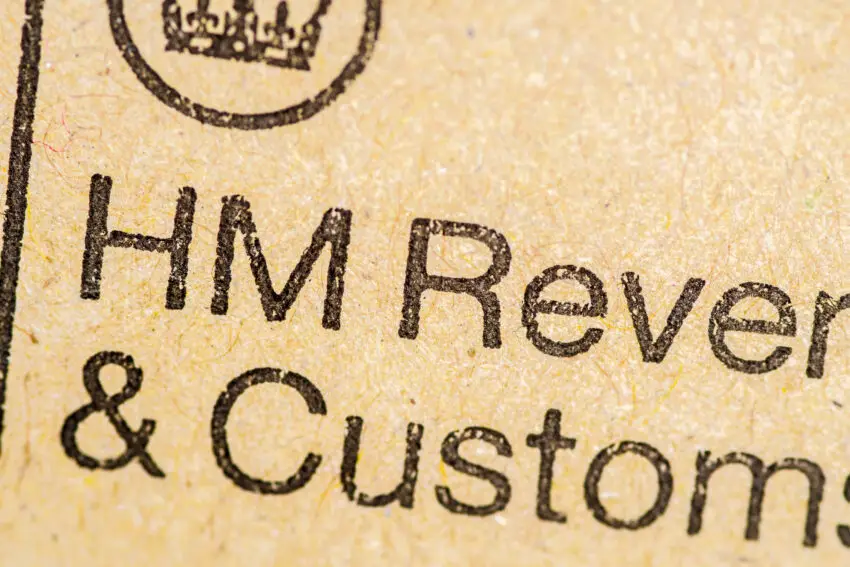HMRC has managed to collect an additional £14.4 million in tax revenue from insolvent businesses since regaining its ‘preferential creditor’ status two years ago. This status, restored in December 2020, allows HMRC to prioritise tax recovery over other creditors during insolvency proceedings.
Reintroduction of Crown Preference
In December 2020, HMRC’s ‘Crown Preference’ status was reinstated. This change allowed it to claim tax debts from insolvent businesses before other creditors like banks and suppliers.
Controversial Power
This change also affects lenders with floating charge security. They face reduced recovery chances, leading to lower lending amounts and higher interest rates.
Modest Gains
He argued that these modest gains could have a significant impact on other creditors. Small suppliers, for instance, could benefit greatly from more funds.
Impact on Lending and Economy
The reintroduction of Crown Preference could result in higher interest rates and reduced loan availability for businesses in the future.
Future Expectations
“It will be interesting to see how these figures evolve,” he added.
Conclusion
While HMRC has gained £14.4 million from its preferential status, the broader impact on creditors and the economy remains a concern. Redirecting more funds to unsecured creditors could benefit the economy and businesses at large.
The reintroduction of Crown Preference has allowed HMRC to reclaim £14.4 million in tax. However, this modest gain underscores the need to consider the broader financial ecosystem. Supporting small suppliers and adjusting lending practices might yield better economic outcomes.

